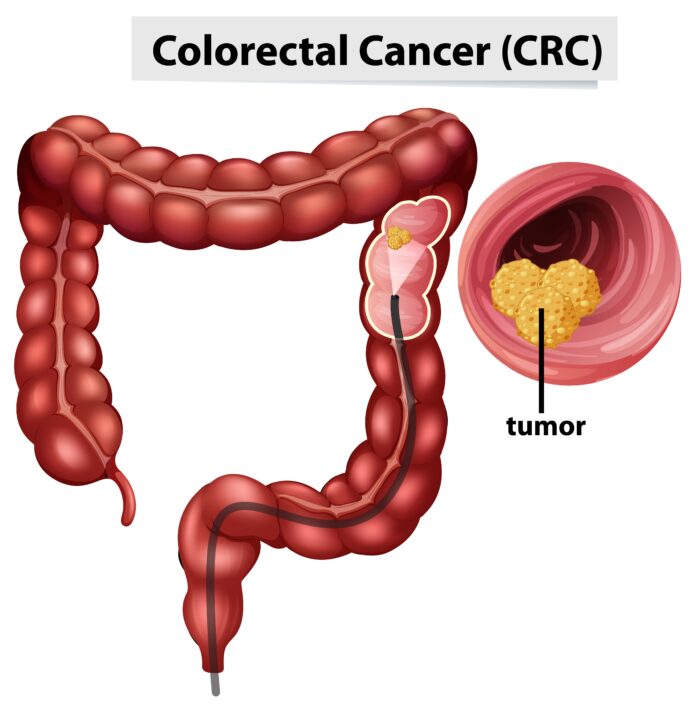World Health Organization (WHO) has declared cancer as the leading cause of deaths throughout the world. In fact, in 2008, 7.6 million people across the globe died due to cancer. The incidence of cancer seems particularly higher in the western world. Among many types of cancers that effect both males and females, colorectal cancer is found to be the second leading killer in the United States.The world was stunned when actor Chadwick Boseman, best known for his role in the blockbuster Black Panther, passed away at the age of 43 from colorectal cancer. While the rates of colorectal cancer have fallen among older populations, the numbers have recently risen in younger populations.
Risk is higher in African Americans
Colorectal cancer disproportionately affects African Americans. African Americans diagnosed with colorectal cancer have a 40% higher fatality rate. This is due to racial disparities and resulting barriers to cancer prevention, detection and treatment.
What is colorectal cancer?
Cancer that begins as the abnormal cell growth or formation in the colon (large intestine) and rectum is referred to as colorectal cancer. When the cellular DNA gets mutated, it results in the development of pre-cancerous polyps in the tissues that form the internal lining of the intestine. Main sites of colorectal cancer are the colon and the rectum. However, the cancer may spread to other vital organs of the body like, liver and lungs.
Risk Factors
Exact cause of colorectal cancer is still unknown, but there are a few risk factors that aid in its development, such as a person’s family history, age, dietary habits and untreated bowel diseases. Several studies show that development of cancer may be hereditary in its origin. However, consuming a high fat diet with low amount of fiber; puts people at a high risk of developing colorectal cancers. Fat metabolism results in the production of carcinogen – a cancer causing substance, while low fiber intake reduces the body’s ability to eliminate these substances from the body. Moreover, an untreated inflammation of the bowel ultimately transforms into cancer of the colon or the rectum.
Signs and Symptoms
Most of the time, colorectal cancers persist in a body without showing any signs or symptoms. However, patients may experience a few complications that are also commonly observed in other colon diseases. These complications include diarrhea, dark stools, weight loss, abdominal pain, and fatigue.
These signs and symptoms are often, not taken seriously, that’s why a regular colorectal screening is recommended for early diagnosis and treatment of the disease. Through an early diagnosis, the pre- cancerous polyps can be removed before they turn into a cancer.
Treatment
The risk of developing colorectal cancer increases with age so doctors recommend screening for people above 50 years of age. Screening tests are done through blood testing and colonoscopy – a method to diagnose cancer by taking tissue samples from the colon.
Colorectal cancers are treated by surgery or chemotherapy, in some cases; a combination of the two approaches is used. During surgical procedure, the cancerous outgrowths are removed while chemotherapy reduces the likelihood of metastasis – the spread of cancer to other vital organs.
Colorectal cancer is a curable disease but has the potential to become a life threatening condition, if left untreated. It is important to make people aware of how they can avoid developing major health issues like colorectal cancers. Prevention is a better option than treatment. So, people at high risk are recommended regular screening of the bowel that helps in an early diagnosis of the disease. Regular exercise and a healthy diet are also helpful in preventing this type of cancer. People having no family history or any symptoms are advised to have their first colonoscopy at the age of 50.
Story Credit: [email protected]/American Cancer Society
Photo Credit: brgfx/freepik



































